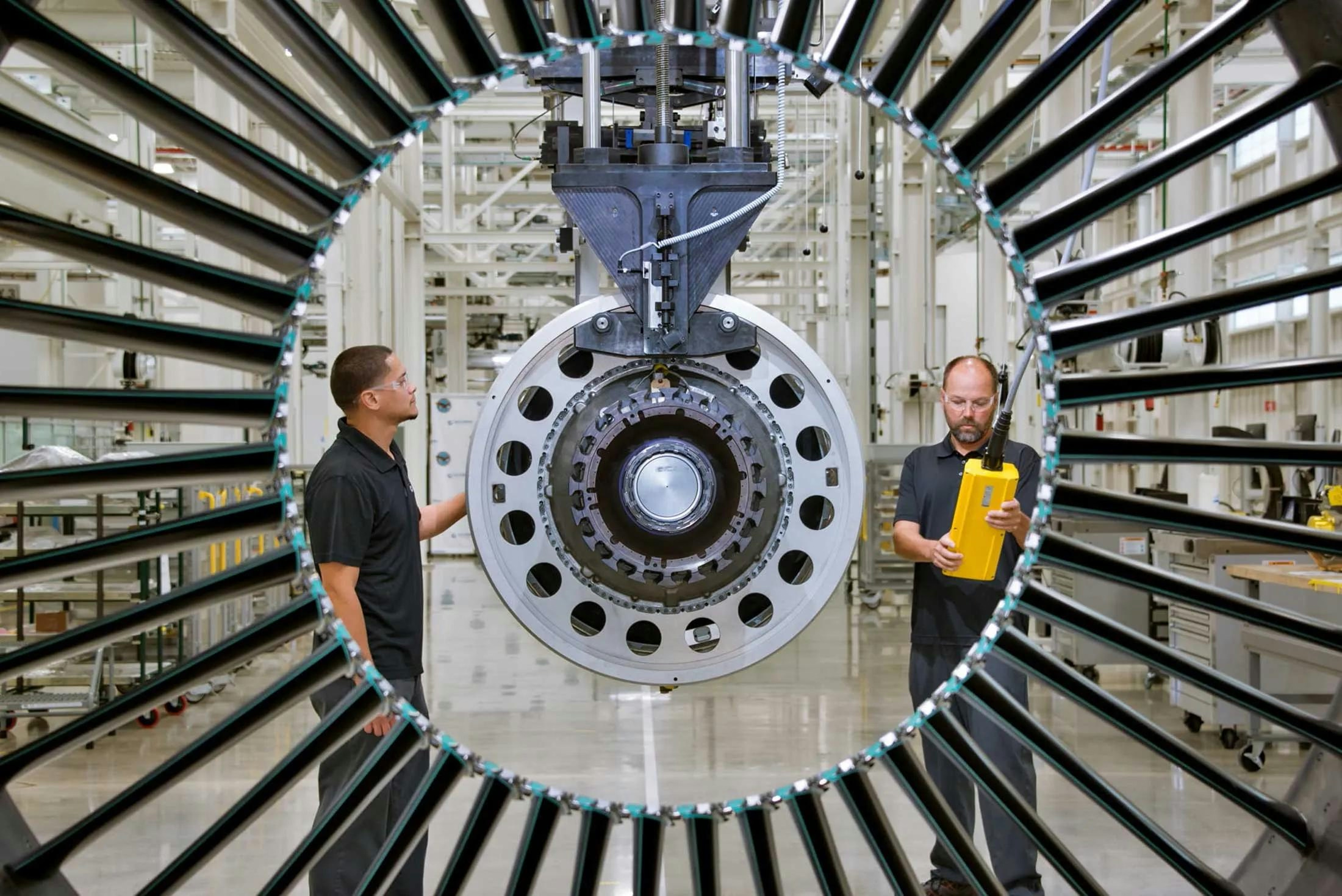AeroGenie — Votre copilote intelligent.
Tendances
Categories
Nearly 20% of Airbus A220s Grounded Due to Pratt & Whitney Engine Problems

Nearly 20% of Airbus A220 Fleet Grounded Due to Pratt & Whitney Engine Issues
The Airbus A220, once celebrated for its operational efficiency and passenger comfort, is currently facing significant challenges stemming from persistent problems with its Pratt & Whitney geared turbofan (GTF) engines. As of early November, nearly 20% of the global A220 fleet has been grounded, causing widespread disruptions for airlines around the world.
According to data from ch-aviation, 76 out of 451 active A220 aircraft are currently inactive, representing approximately 16.85% of the fleet. This figure excludes aircraft that have been retired or are awaiting delivery. The primary cause of the groundings is corrosion damage linked to a production defect in the Pratt & Whitney engines, necessitating extended maintenance periods and forcing airlines to take aircraft out of service.
Impact on SWISS and the A220-100 Fleet
Swiss International Air Lines (SWISS) has been particularly affected by the engine issues. In a strategic decision to maintain operations of its larger A220-300 aircraft, SWISS has grounded its entire fleet of nine A220-100s to cannibalize engines for spare parts. Dennis Weber, SWISS’s Chief Financial Officer, stressed that while the problem does not pose a safety risk, it remains a persistent operational challenge. The grounded A220-100s are expected to remain out of service for up to 18 months.
Globally, 11 A220-100s are currently inactive. Of these, seven are undergoing maintenance—five with Delta Air Lines and one each with Bulgaria Air and Croatia Airlines. The remaining four are in storage, divided between ITA Airways and SWISS. The number of grounded aircraft is anticipated to increase as airlines continue to face shortages of serviceable engines.
Broader Effects on A220-300 Operators
The larger A220-300 model is also experiencing significant disruptions. Out of 377 active units (excluding six retired aircraft), 64 are currently inactive. Among these, 23 are undergoing maintenance or repairs, affecting a broad range of operators including Air Austral, Air Canada, Air France, airBaltic, Bulgaria Air, Delta, ITA Airways, JetBlue, Korean Air, QantasLink, and SWISS. The remaining 41 aircraft are in storage, some awaiting new operators or delivery to lessors.
Airlines have been compelled to make difficult operational decisions to manage the crisis. JetBlue, for example, has sold Embraer 190 aircraft and grounded some Airbus planes to reallocate engines for maintenance purposes. Air Austral, which operates a small fleet of three A220-300s, currently has only one aircraft in service and plans to phase out the type entirely by 2026.
Industry-Wide Financial and Operational Repercussions
The engine reliability issues have had far-reaching financial and operational consequences across the aviation industry. Spirit Airlines reported receiving $72 million in credits from Pratt & Whitney to offset losses incurred from grounded aircraft. In response to the ongoing challenges, Pratt & Whitney has announced plans to increase GTF engine production by 8 to 10 percent in 2025. However, persistent reliability problems continue to disrupt airline schedules and complicate fleet management.
As airlines await long-term solutions, the grounding of nearly one-fifth of the A220 fleet highlights the urgent need for enhanced engine reliability and greater supply chain resilience. Operators are currently navigating a complex landscape of grounded aircraft, cannibalized fleets, and significant financial impacts, with no immediate resolution in sight.

Emirates Unveils Cabin Design for New Boeing 777X

Eighteen Years On, the Airbus A380 Remains Central to a $34 Billion Airline

How a boom in luxury airline seats is slowing down jet deliveries

Navitaire Outage Attributed to Planned Maintenance

DigiYatra Debuts Outside Aviation at India AI Impact Summit

Vietnam Orders Strengthen Boeing’s Commercial Outlook

Airbus Signals Uncertainty Over Future A400M Orders

JobsOhio Awards $2 Million Grant to Hartzell Propeller for Innovation Center

Collins Aerospace Tests Sidekick Autonomy Software on YFQ-42A for U.S. Air Force CCA Program

How the Airbus A350-1000 Compares to the Boeing 777
